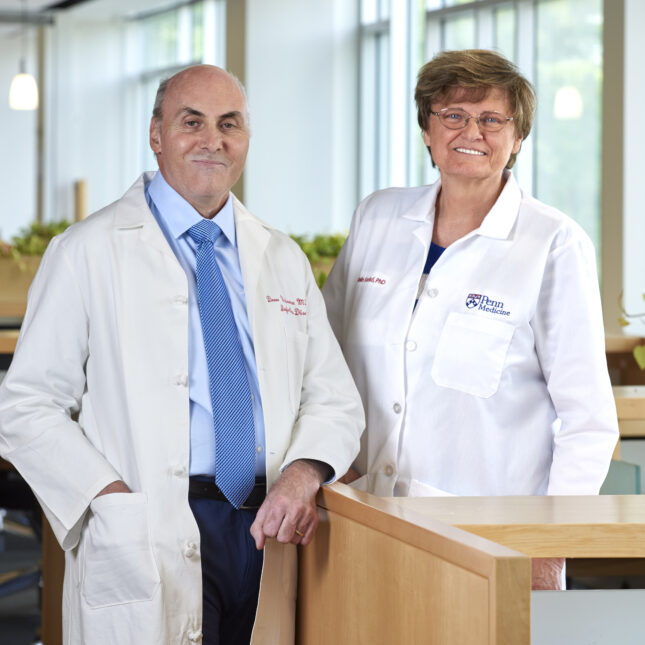
The most noteworthy aspect of awarding the Nobel Prize in medicine or physiology to two pioneers of mRNA research was not who won Monday — Katalin Karikó and Drew Weissman were widely expected to get the accolade for discoveries that made it possible to deliver the finicky molecule to cells and enabled the record-breaking development of vaccines that tamed the Covid-19 pandemic. It was the way the two scientists worked together.
The Nobel committee framed Karikó and Weissman’s work as a prime example of complementary expertise, with Karikó focused on RNA-based therapies and Weissman bringing a deep knowledge about immune responses to vaccines. In a rare moment for science’s top honor, which elevates the individual contributions of one, two, or at most, three researchers to a particularly impactful breakthrough, it is a celebration of a true scientific partnership — a durable and fruitful collaboration spanning more than two decades of working shoulder-to-shoulder at the lab bench that turned a scientific backwater into a blockbuster technology.
“We couldn’t get funding, we couldn’t get publications, we couldn’t get people to notice mRNA as something interesting,” Weissman told reporters at a press conference Monday at the University of Pennsylvania. “But Kati lit the match and we spent the rest of the next 20 plus years working together figuring out how to get it to work. We would sit together in 1997 and afterwards and talk about all the things we thought RNA could do. And that’s why we never gave up,” he said.














Exciting news! STAT has moved its comment section to our subscriber-only app, STAT+ Connect. Subscribe to STAT+ today to join the conversation or join us on Twitter, Facebook, LinkedIn, and Threads. Let's stay connected!
To submit a correction request, please visit our Contact Us page.